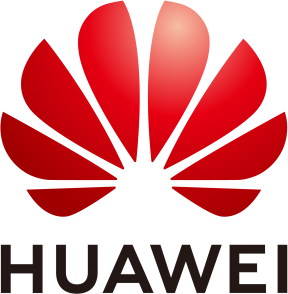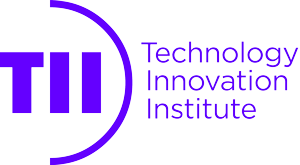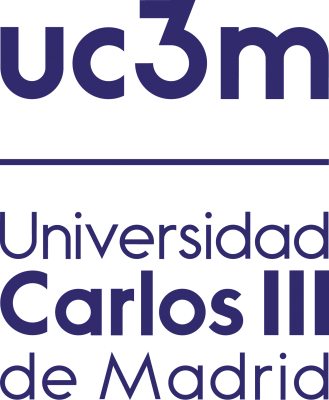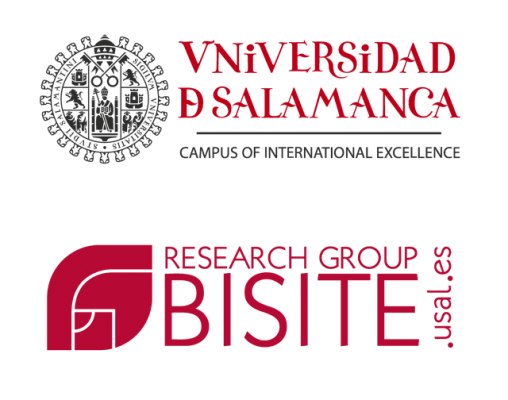=============================================================
IEEE Globecom 2021 Workshop on
Intelligent Communications for Decentralized Energy Management (EnergyCom2021)
7-11 December 2021 // Madrid, Spain
http://icnetlab.org/EnergyCom2021/
=============================================================
The need for clean energy has become crucial with population growth, the abundant demand in traditional energy resources and the need for the decarbonization of economy to curb climate change. The solution ahead is to shift to and integrate more renewable and clean sources of energy with the existing conventional energy infrastructure as well as offer end-users a more active role in the integrated management of their energy resources (grid, loads, storage, microgeneration). Energy trading platforms are mechanisms used to attain increased energy demands while meeting participants’ satisfaction (i.e., consumers, prosumers, and utility grids). Participant satisfaction is driven by two main factors: stable coverage of energy demand and profit maximization, which can be fostered by demand response programs. Peer-to-Peer (P2P) energy trading platforms should find a win-win balance, where all participants are able to make some profit and meet their energy demand under any circumstances. However, under certain circumstances, this balance between energy demand and profit can be affected. Some consumers may not be able to buy energy due to the lack of funds. Moreover, some prosumers, that are solely responsible of energy storage management, are not able to sell all their excess energy. Additionally, energy storage management becomes costly over time and can affect the prosumer overall profit. Lastly, scalability and security are additional challenges that must be tackled.
In this context, intelligent communications, as well as decentralized technologies, have emerged as a solution to these issues. For instance, deep and reinforcement learning coupled with fast and reliable communication infrastructures such as B5G, provide great opportunities to improve the way energy prosumers and consumers communicate with the grid. A decentralized energy management system takes advantage of various technologies, and effective communication is used to ensure optimal utilization of the available resources. Incorporation of advanced technologies such as blockchain, distributed intelligence, and federated learning can considerably overcome the technical challenges and reduce market barriers, which in essence would attract the adoption of this disruptive technology.
The aim of the International Workshop on Intelligent Communications for Decentralized Energy Management is to bring together experts, researchers, and practitioners interested in the advances and applications in the field of intelligent communications and computing for decentralized energy management. Participants are invited to present and discuss recent developments and challenges in energy management systems. This workshop focuses on innovative applications, tools, and frameworks in technological areas related to optimization of the energy management infrastructure in the context of smart cities and other relevant application domains.
Topics include (but not limited to):
Researchers are encouraged to submit original research contributions in all major areas, which include, but not limited to:
- Design of multi-objective models for energy management systems, including demand response
- Big data analytics in energy management
- Intelligent infrastructure architectures for energy systems
- Cooperative systems for energy management
- Security and privacy for decentralized energy systems
- Next-generation networks for energy management
- Connected services and energy mobility management
- Autonomous and connected energy in smart cities
- Green energy cities and infrastructure
- P2P energy trading/sharing models
- Management of large-scale energy systems
- Energy-efficient industrial IoT
- Blockchain for energy management
- Advanced communications and computing for energy storage
- B5G technology for energy systems
Keynotes:
- Salil Kanhere, UNSW Sydney, Australia.
Blockchain in Future Energy Systems: Applications, Opportunities and Challenges
Abstract: The emergence of the Internet of Things (IoT) and Distributed Energy Resources (DERs) has driven the uptake of variable energy from renewable energy sources at both utility and distributed scales. This is driving the development of new market models from the traditional centralized energy trading models to Distributed Energy Trading (DET) models. Peer-to-peer (P2P) energy trading is an example of the DET model which allows consumers and prosumers in the distribution network to trade energy between themselves, lowering cost while providing balancing and other ancillary services to the network. However, DET requires trust in both DER sharing and P2P energy trading trans-action. Therefore, enabling technologies such as blockchains can help build trust and track DET transactions efficiently, securely, and at a low cost. Nevertheless, there are significant barriers associated with the integration of blockchain in energy systems including scalability, privacy, and interoperability. The talk will discuss the latest advances in adopting blockchain for distributed energy trading, including mechanisms to enable anonymous peer-to-peer negotiations and contracts, address privacy concerns and support seamless interoperability.
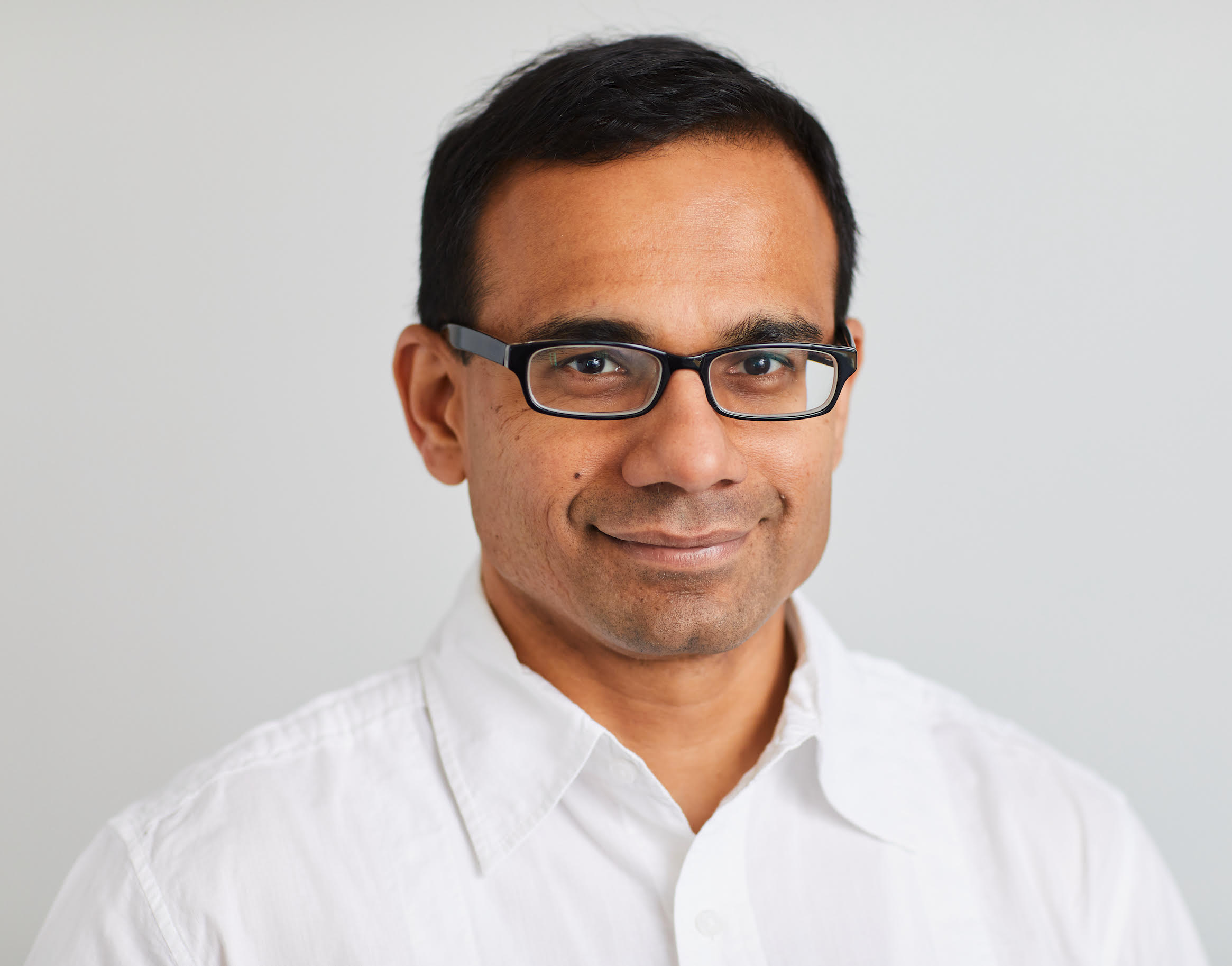 Speaker Bio: Salil Kanhere received the M.S. and Ph.D. degrees from Drexel University, Philadelphia, USA. He is a Professor in the School of Computer Science and Engineering at UNSW Sydney, Australia. His research interests include the Internet of Things, cyber-physical systems, blockchain, pervasive computing, cybersecurity, and applied machine learning. Salil is also affiliated with CISRO’s Data61 and the Cybersecurity Cooperative Research Centre. He is a Senior Member of the IEEE and ACM, an ACM Distinguished Speaker and an IEEE Computer Society Distinguished Visitor. He has received the Friedrich Wilhelm Bessel Research Award (2020) and the Humboldt Research Fellowship (2014), both from the Alexander von Humboldt Foundation in Germany. He has held visiting positions at I2R Singapore, Technical University Darmstadt, University of Zurich and Graz University of Technology. He serves as the Editor in Chief of the Ad Hoc Networks Journal and as an Associate Editor of IEEE Transactions On Network and Service Management, Computer Communications, and Pervasive and Mobile Computing. He has been involved in the organization of many IEEE/ACM international conferences. He co-authored a book titled Blockchain for Cyberphysical Systems which was published by Artech House in 2020.
Speaker Bio: Salil Kanhere received the M.S. and Ph.D. degrees from Drexel University, Philadelphia, USA. He is a Professor in the School of Computer Science and Engineering at UNSW Sydney, Australia. His research interests include the Internet of Things, cyber-physical systems, blockchain, pervasive computing, cybersecurity, and applied machine learning. Salil is also affiliated with CISRO’s Data61 and the Cybersecurity Cooperative Research Centre. He is a Senior Member of the IEEE and ACM, an ACM Distinguished Speaker and an IEEE Computer Society Distinguished Visitor. He has received the Friedrich Wilhelm Bessel Research Award (2020) and the Humboldt Research Fellowship (2014), both from the Alexander von Humboldt Foundation in Germany. He has held visiting positions at I2R Singapore, Technical University Darmstadt, University of Zurich and Graz University of Technology. He serves as the Editor in Chief of the Ad Hoc Networks Journal and as an Associate Editor of IEEE Transactions On Network and Service Management, Computer Communications, and Pervasive and Mobile Computing. He has been involved in the organization of many IEEE/ACM international conferences. He co-authored a book titled Blockchain for Cyberphysical Systems which was published by Artech House in 2020.
- Álvaro Gomes, University of Coimbra, Coimbra, Portugal.
Decarbonization, decentralization and digitalization of (future) power systems and the role of demand-side resources.
Abstract: The pervasive dissemination of renewable generation, especially dispersed small size units often located in the distribution grids or behind the meters, while highly contributing to reducing environmental impacts imposes changes in the dynamics operations and control of power systems. Also, the shift in the generation fleet from synchronous machines to power electronics-based generating units is changing the response capability of the system to events. Existing communication between consumers and utilities allow deploying demand responsiveness giving the end-user the ability to monitor and adequately manage his/her resources (production, controllable demand, storage) taking advantage of dynamic pricing programs or to incentive payments when responding to grid requests or due to participation in ancillary services markets. The power systems are, thus, evolving making the real-time management and control of generating units, transmission and distribution systems, and demand-side resources more and more challenging. It is widely accepted that decentralized management is a request of future power systems in order to accommodate and manage all the available resources. However, the huge and complex computational resources needed to actively deploy demand response, the associated costs with the installation of smart home management systems, scalability issues, privacy concerns, and inadequate automation in decision-making processes, are hindering the adoption of such practices, and innovative solutions to manage complexities and difficulties posed by such dissemination are required. Blockchain-like technologies are seen as alternatives to traditional approaches. The talk will discuss the role of decentralized energy resources in the operation of future power systems, including the challenges and paradigms.
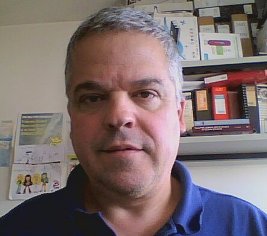 Biography: Álvaro Gomes received the Ph.D. degree from the University of Coimbra in 2004. He is a professor in the Department of Electrical Engineering and Computers, University of Coimbra and a researcher at INESC Coimbra. He has been responsible in several academic courses on Electrical Energy Systems, Electrical Energy Management, Energy Management in Buildings / Industry and Policies for Energy Market Transformation. His research interests include efficient use of energy resources, demand-side management, load modeling, public policies for promoting energy efficiency, smart power systems, deployment of generation based on renewable sources, demand-side flexibility, multiobjective optimization and evolutionary algorithms. He has participated / participates in several R&D projects. He is member of the Portuguese Engineers Association and member of IEEE. He often participates as reviewer for some international conferences and journals. He is co-author of more than one hundred papers in journals, book chapters and conference proceedings. He co-supervised 3 PhD thesis and is currently co-supervising six more PhD works. He has (co) supervised more than 50 Msc dissertations.
Biography: Álvaro Gomes received the Ph.D. degree from the University of Coimbra in 2004. He is a professor in the Department of Electrical Engineering and Computers, University of Coimbra and a researcher at INESC Coimbra. He has been responsible in several academic courses on Electrical Energy Systems, Electrical Energy Management, Energy Management in Buildings / Industry and Policies for Energy Market Transformation. His research interests include efficient use of energy resources, demand-side management, load modeling, public policies for promoting energy efficiency, smart power systems, deployment of generation based on renewable sources, demand-side flexibility, multiobjective optimization and evolutionary algorithms. He has participated / participates in several R&D projects. He is member of the Portuguese Engineers Association and member of IEEE. He often participates as reviewer for some international conferences and journals. He is co-author of more than one hundred papers in journals, book chapters and conference proceedings. He co-supervised 3 PhD thesis and is currently co-supervising six more PhD works. He has (co) supervised more than 50 Msc dissertations.
Journal Special Issue:
TBA



